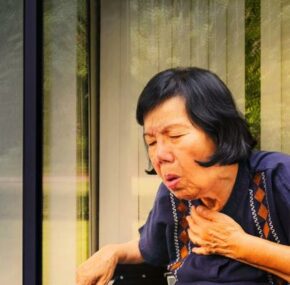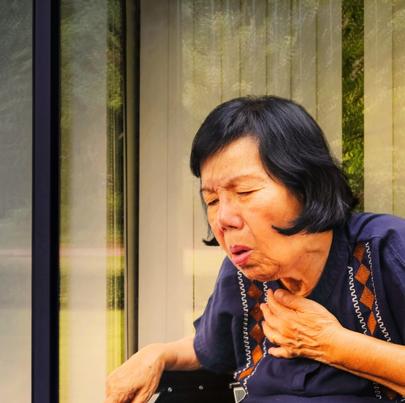Nursing home residents who have certain health conditions, disabilities, or need help with eating face a higher risk of choking incidents that may lead to severe injuries, suffocation, or death.

Choking Dangers in Nursing Homes
Nursing home abuse lawyers often report that one of the most common causes of death in a nursing home setting is choking or suffocation from food. From 2007 to 2010, there were more than 2,200 choking deaths reported in U.S. nursing homes. Most victims were between the ages of 65 and 75 with serious health conditions such as Alzheimer’s, dementia, Parkinson’s disease, viral infections, inflammation of the lungs, or pneumonia. Many residents required daily assistance with eating and drinking due to throat, esophagus, and digestive problems, missing teeth or dentures, and problems with motor skills that prohibited their ability to properly chew or swallow solid food.
When residents have problems chewing, swallowing, or digesting food, facility staff members and caregivers must exercise extreme caution to prevent choking injuries and deaths. Caregivers must carefully check a resident’s file for designated meal plans and food preparation. Serving elderly nursing home residents the wrong food consistency or meal can quickly result in a choking incident that leads to sudden death. Nursing home staff must be aware of any health conditions or food restrictions a resident has that may put him/her at risk for choking.
Choking on food is the fourth leading cause of injury and death for elderly adults in the United States. Over 85 percent of elderly adults with Alzheimer’s, dementia, or Parkinson’s disease have eating difficulties because these diseases rob them of the knowledge and skill necessary for chewing food properly. Nursing home residents with esophageal cancer, improperly fitted dentures, missing teeth, weakened muscles, and traumatic brain injuries are also at increased risk of choking death. Most nursing home choking deaths are preventable with proper resident attention and care.
Proper Resident Assessments are Essential
When a person is admitted to a nursing home or long-term care facility, an assessment is done to determine the person’s basic needs, daily requirements, and level of medical care. Without a proper assessment, a resident may face increased injury risks, including choking to death while eating.
Nursing Home Admissions
When a nursing home admits a resident to a facility, an admission assessment must be done to determine the person’s overall health condition and healthcare needs. An admitting nurse usually performs a complete assessment of the resident’s physical, mental, and social abilities. An oral assessment of the resident’s teeth and gums is performed to check for missing teeth, full dentures, or partial dentures that may impact chewing food. The oral assessment determines whether the resident has the ability to feed himself, needs assistance with eating, or requires a feeding tube. If the resident has difficulty swallowing or is diagnosed with Alzheimer’s disease, dementia, or other cognitive disorders, notes are made in the resident’s file.
Meal Plans and Procedures
In addition to eating problems, diet restrictions and special meal plans are noted in a resident’s file by the evaluating nurse. To prevent resident choking incidents, notes include the type of diet needed for proper food intake and resident safety. For instance, some residents may require softened or pureed food due to certain problems or conditions, while other residents may be restricted to small bites of solid food. If a resident has a history of stealing or hoarding food, fast eating, or stuffing food in his/her mouth, that is noted in the resident’s file. For residents who require assistance with eating, nurses and caregivers must be properly trained to identify eating problems and to render aid if a choking incident occurs.
Liability for Choking Injuries and Deaths
In Illinois, a recent complaint was filed against The Villa at Windsor Park, a Chicago nursing home. The Villa was accused of allegedly ignoring the choking risks of a female resident with dementia in 2017. According to the complaint, the woman was at high risk for choking and required regular eating assistance. The complaint alleges that the woman died from asphyxia due to choking while in the care of The Villa. The defendant is accused of negligence and wrongful death.
According to a recent New York Post report, a jury awarded $1 million to the family of a resident at Woodhaven Care Center in Long Island for his choking death. The report states that a nurse at the facility forgot to put in the man’s dentures before feeding him a sandwich, causing him to choke to death within a few minutes. The man’s chart specified only pureed food, but surveillance video shows that the nurse failed to check the chart before feeding him the sandwich. The man’s family has filed a wrongful death lawsuit against the nursing home.







